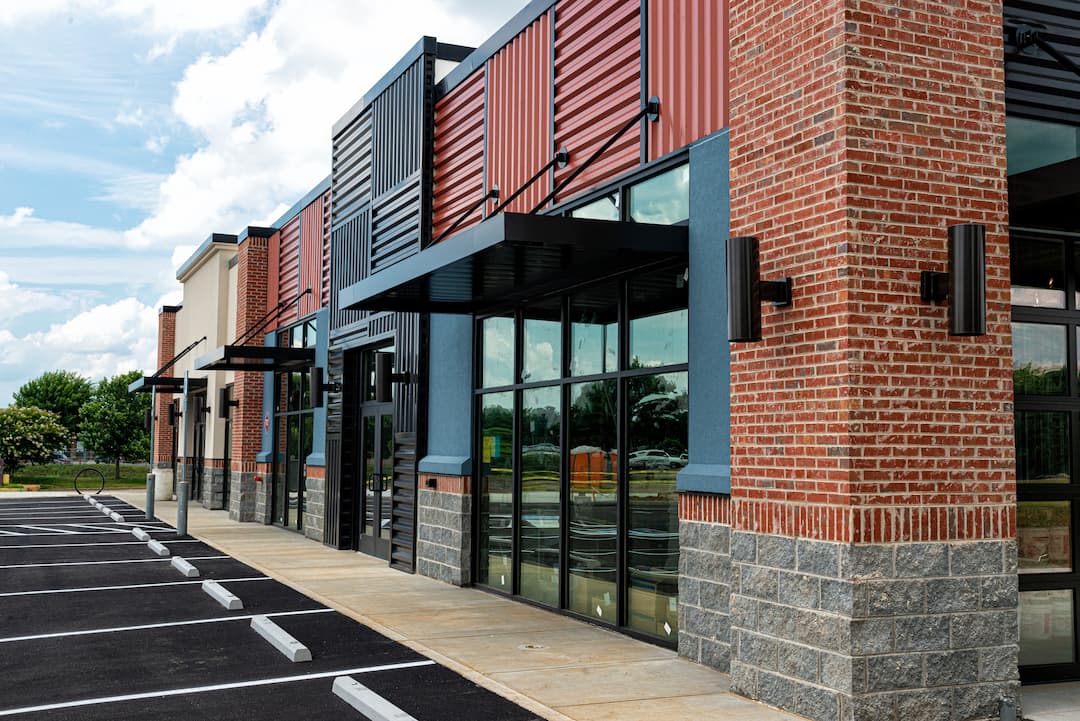Not sure what conveyancing means? We are here to explain.
Put simply, conveyancers are lawyers who manage the legal process of transferring property ownership. If you’re looking to buy or sell a property, you’ll need to hire a conveyancer.
There’s a lot of jargon thrown around the profession, so we’ve put together this simple guide to explain the basics of conveyancing.
Is Conveyancing the Same as a Solicitor?
A solicitor is a qualified lawyer. A conveyancer is a solicitor who specialises in property transferal. This means that they know everything they need to know about property law.
Remember that solicitors, like doctors, should be chosen according to their speciality. If you are looking to sell a property, then make sure your solicitor property specialises in property law; look for a conveyancer.
Conveyancers are a popular choice for handling property purchases in the UK. Our specialists are trained to give advice on all aspects of conveyancing and property law.

Why Do I Need A Conveyancer?
The buying process has a lot of legal work involved. You’ll need a conveyancer to explain the process and transfer legal ownership to the right person. They train to carry out and advise on this specific procedure.

Common Terminology Used by Conveyancers
Disbursement
This is an expense that the conveyancer pays for on your behalf. These are usually costs related to searches and Land Registry registration fees. This fee usually comes as an up-front cost. Your conveyancer will explain this before carrying out any work.
Searches
For a conveyancer, the term ‘searches’ refers to the enquiries they make to research the property you’re purchasing. This mainly involves consulting with the Local Authority and the water company, as well as researching the environmental history of the land.
Depending on the nature of the property, more in-depth or specialised searches may be required.
After they are complete, your conveyancer will explain the information they have discovered to you. This way, you can make an informed decision on whether to purchase the property.
Land Registry
The Land Registry is a government department that keeps details of properties in England and Wales. The registery records when properties were last sold, how much for, and who owns the leasehold/freehold of the land.
Gazumped
‘Grazumped’ is a term referring to when you’ve had a verbal offer accepted on a property, but when the seller has then accepted a higher offer from another party.
This can be an expensive and stressful situation. You can try to avoid this by making sure your offer is accepted in writing and stipulates that the property is taken off the market. However, some sellers will refuse to do that. In that case, it’s best to move as quickly as possible. Once contracts are exchanged, you can no longer be gazumped, as your agreement is legally bound.
Transfer Deed
A transfer deed is the document you need to sign when you’ve successfully bought a property. After signing, the Land Registry will then transfer the property to your name.
This is a legally binding agreement and is extremely important. Let your conveyancer explain all the details of this document before you sign it. It’s very important that you understand exactly what you’re agreeing to.

Looking to Buy or Sell Property? Call Crowley & Company Now To Speak To A Conveyancer
Our conveyancing department deals with all aspects of commercial and residential purchases, sales, and leases. We offer expert advice throughout the entire process at competitive prices.
Crowley & Company’s dedicated team provides professional and efficient legal services. Property buying and selling can be overwhelming. With the right conveyancer, you’ll be well-informed and well-represented throughout the process.






